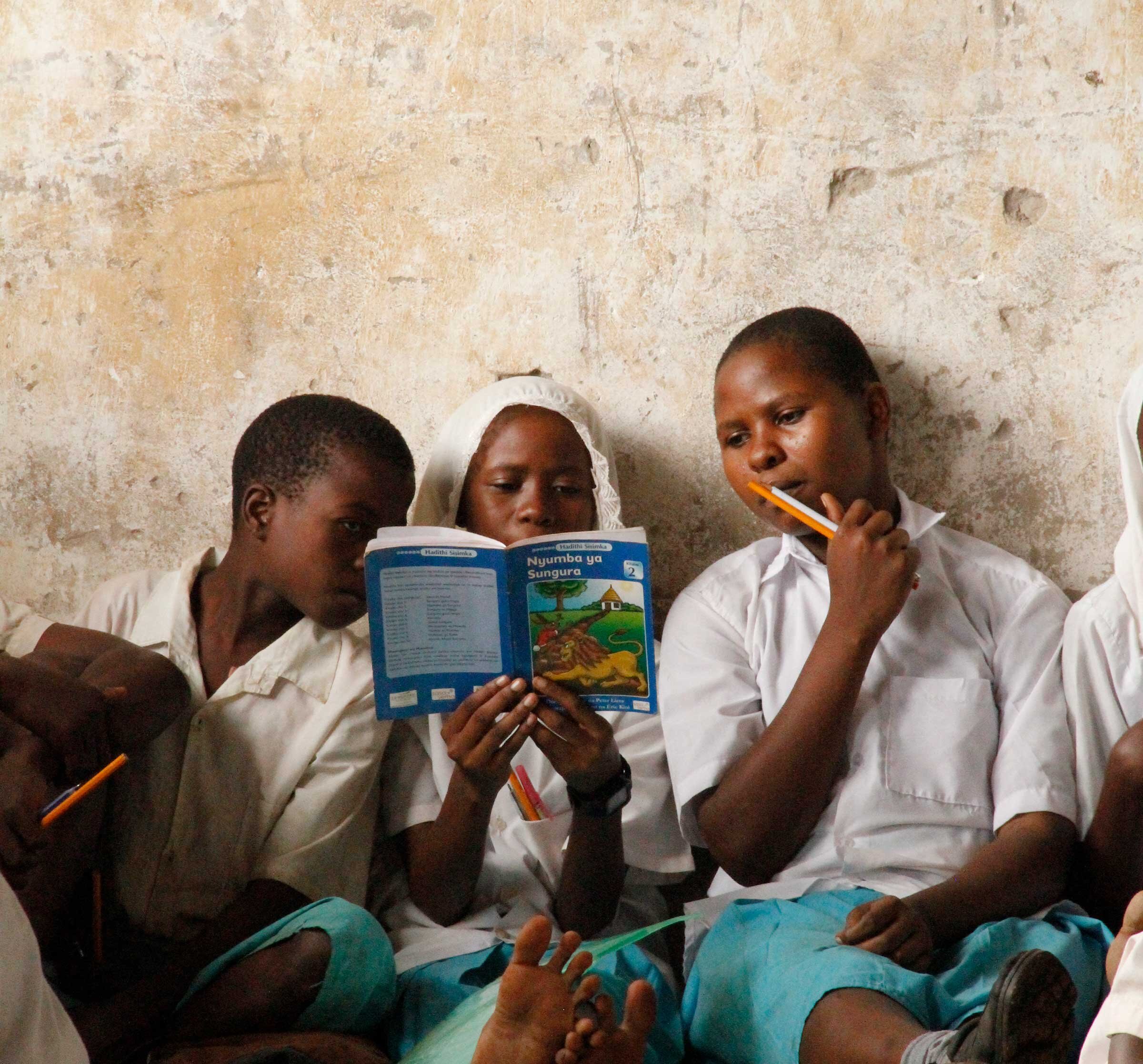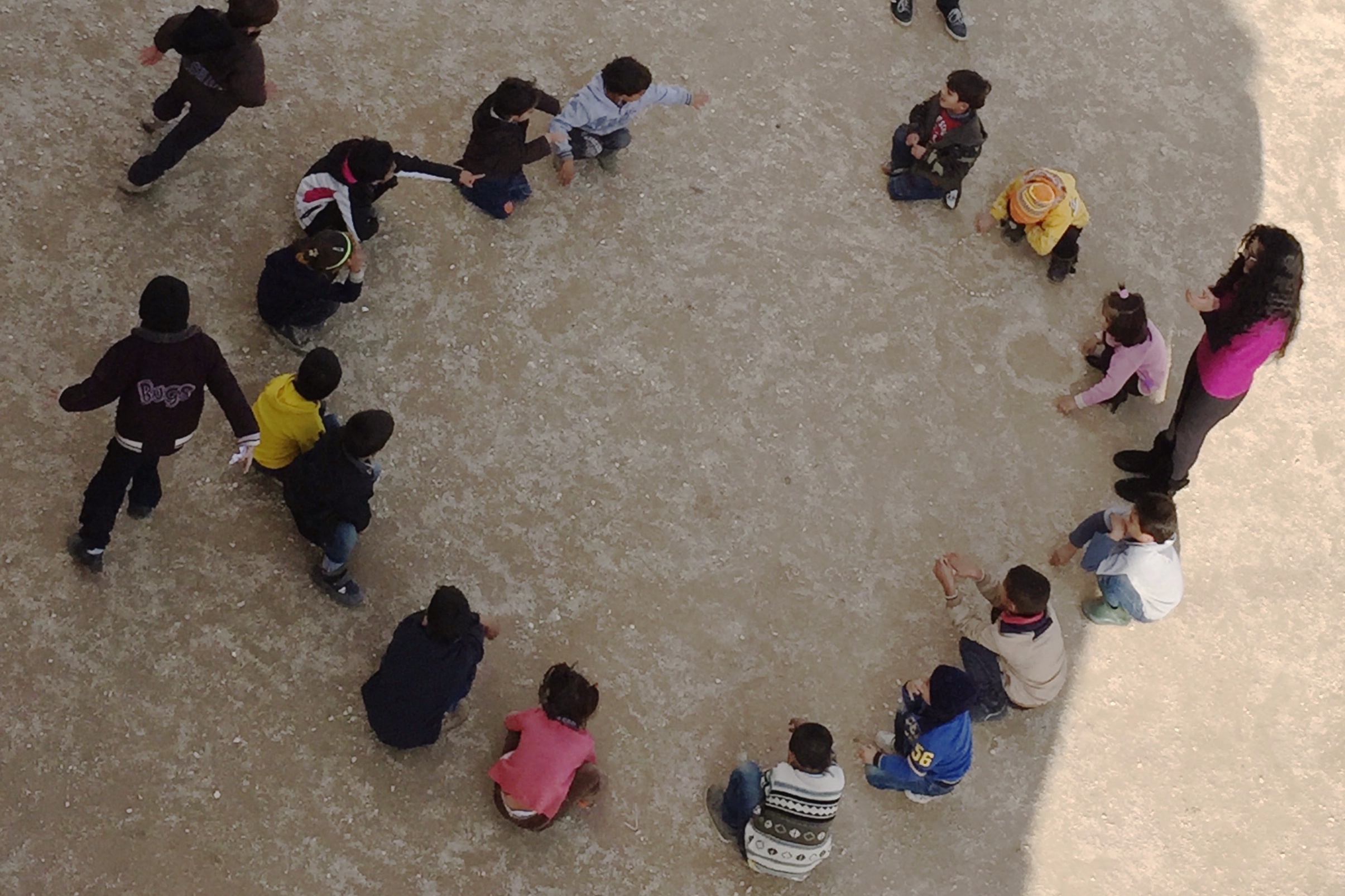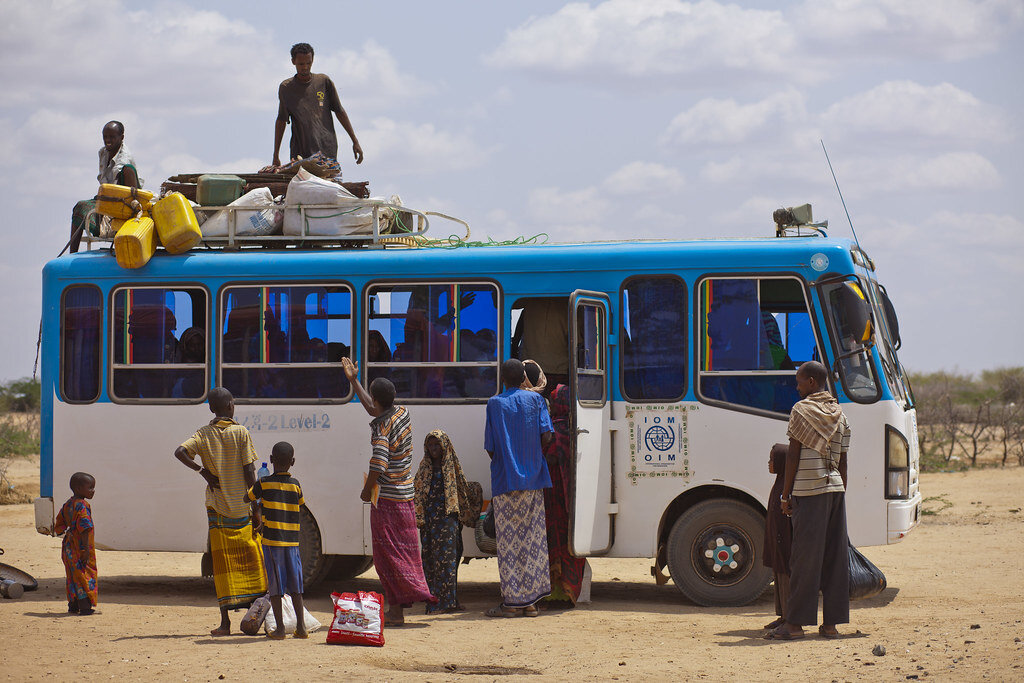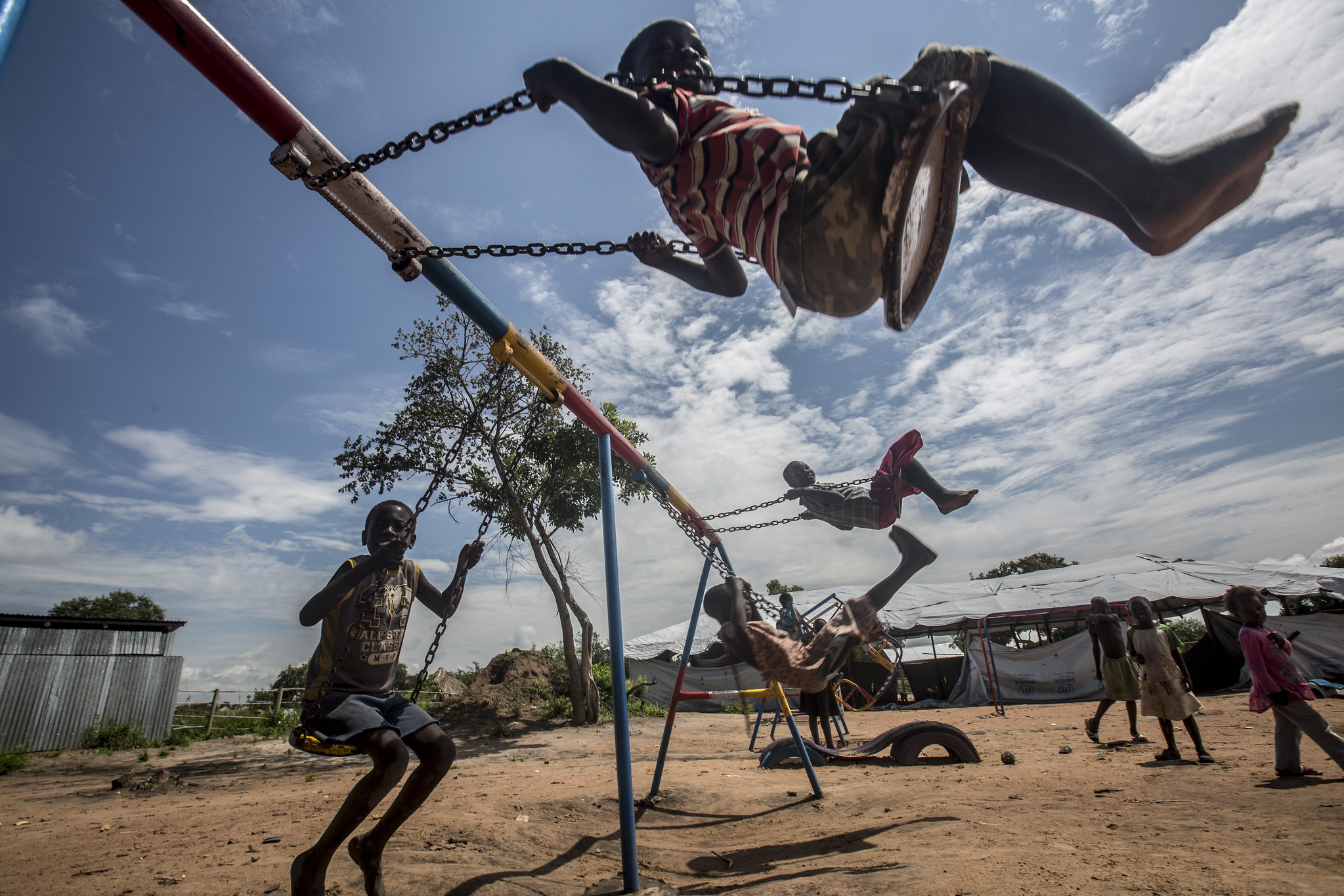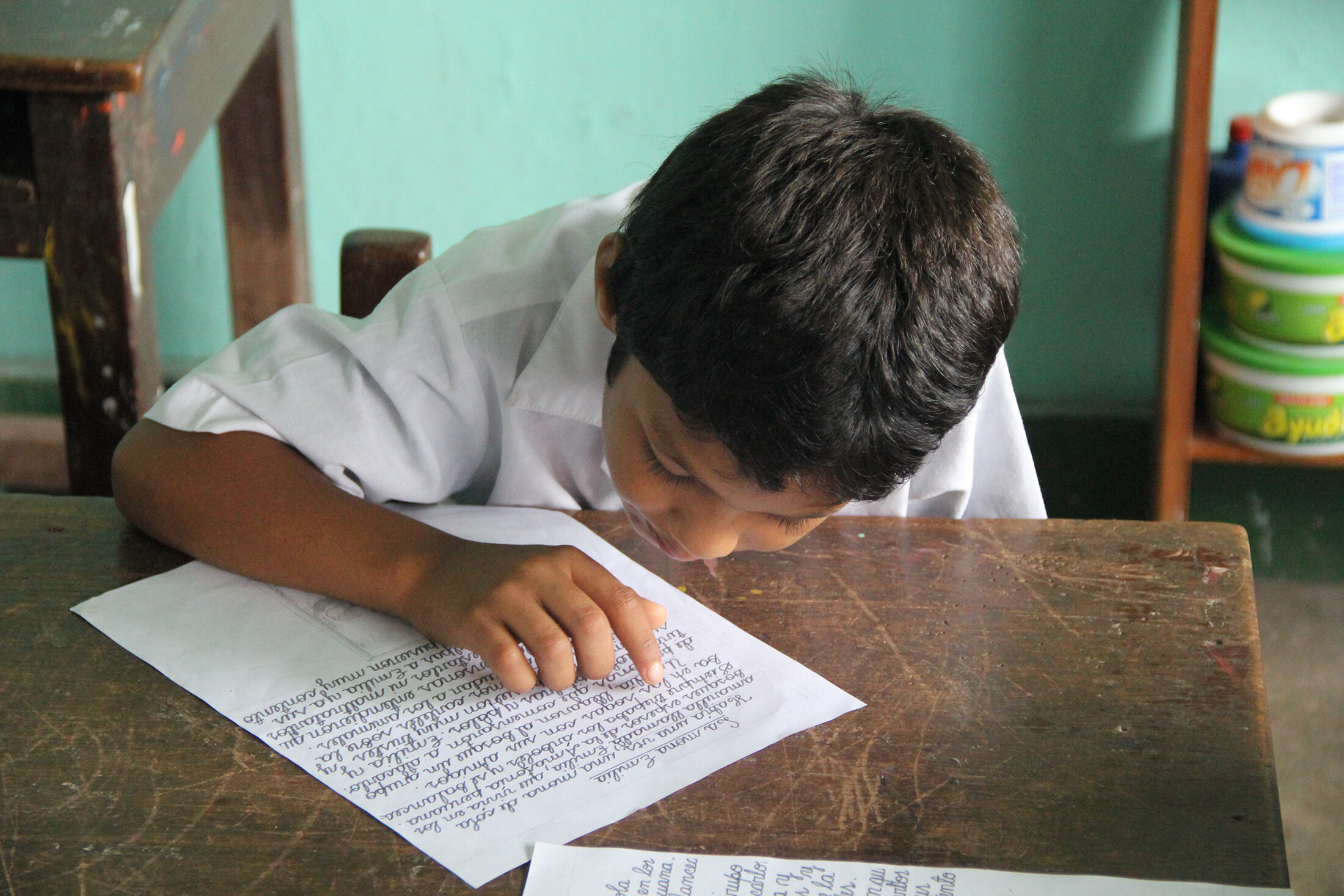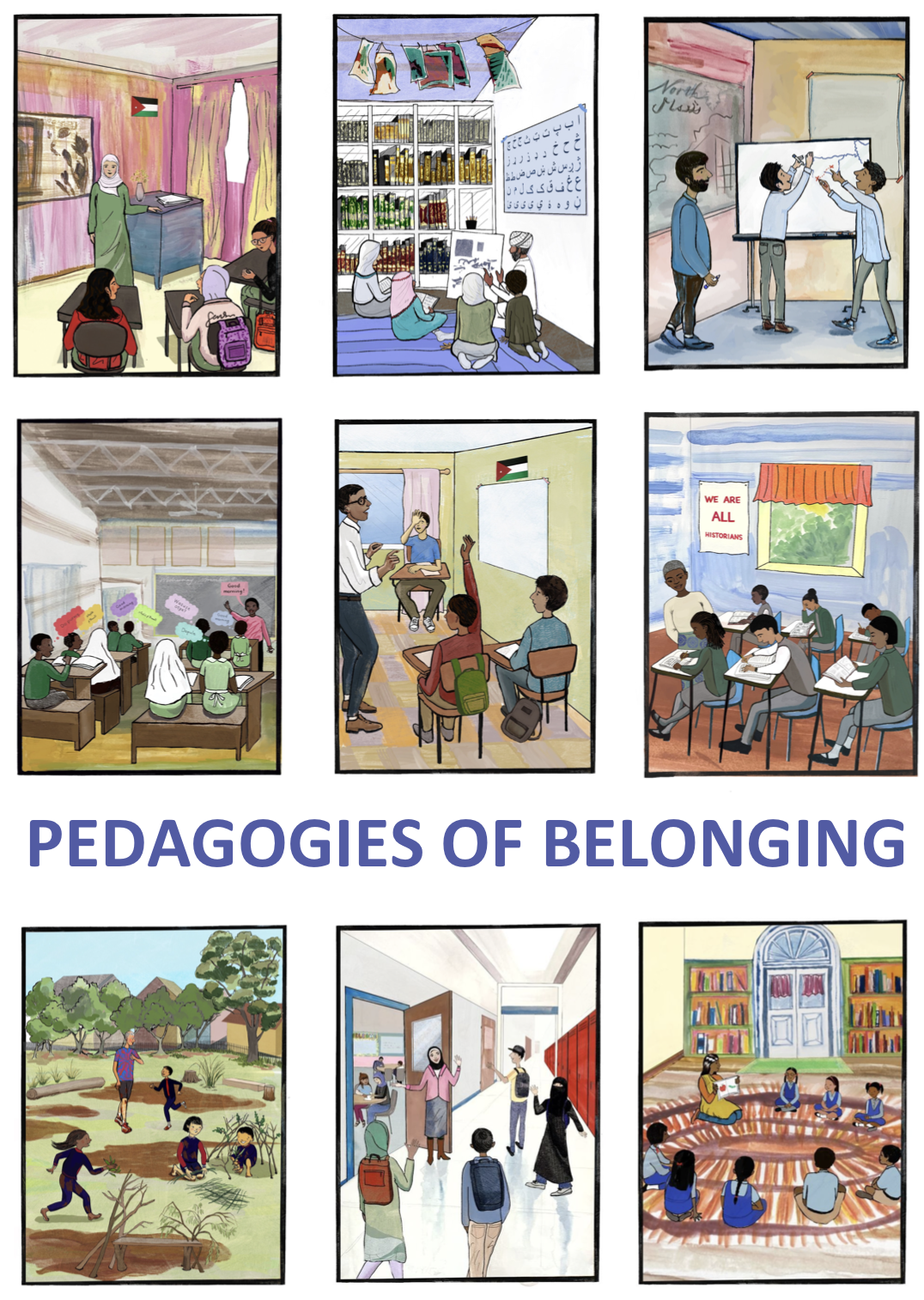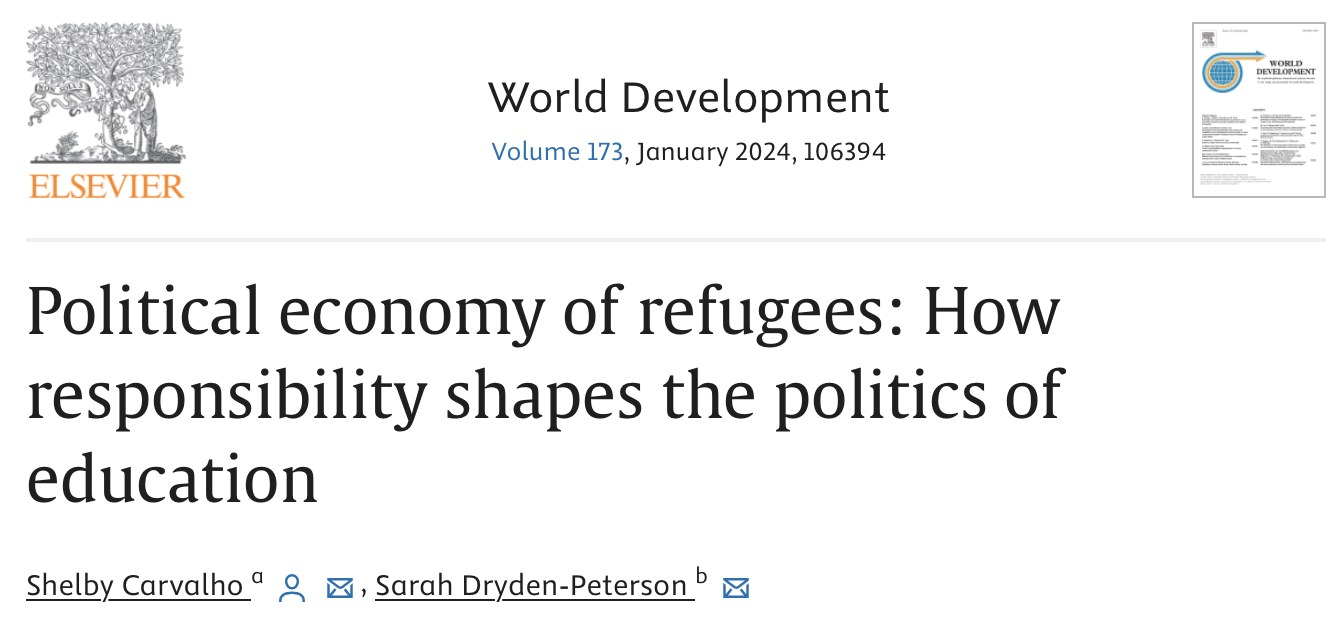Through collaborative research, education, and action, REACH fosters welcoming communities and quality education in settings of migration and displacement
Key Topics in Migration and Refugee Education
Integration & Belonging
Global policies have shifted toward a model of including refugees in national school systems. REACH explores how these policies are understood and experienced by students, teachers, and governments in contexts that host large refugee populations. We find that refugees are often included in national schools that already serve marginalized national students who feel alienated from opportunities. The collective challenge is to raise the quality of education for all, including access to feelings of belonging and future opportunities. Our work demonstrates how key to meeting this challenge is focusing on inclusive curricula and pedagogy and caring relationships among teachers and students.
Globalization & Migration
Refugees often experience multiple cycles of displacement and return, forcing young people to constantly re-imagine their futures. REACH considers how education can support physical and cognitive mobility, thereby enabling individuals and nation-states to build productive futures.
Conflict Transformation
We identify policies, pedagogies, and curricula that can mitigate conflict and reduce resource-based and identity-based inequalities. Our work at REACH shows how young people can develop inclusive and multiple identities through education, which are important for their futures and those of their nation-states. Particularly critical is education that allows young people to understand and link their pasts, presents, and futures and the inequalities that shape their experiences and opportunities.
Quality Education
Over one half of children globally who are out of school live in conflict settings. Yet quality education is an essential component for securing a future for refugee children. REACH identifies ways to strengthen and build refugees’ “unknowable futures.” This work is relevant not only for refugees but for other young people globally who face similar, even if less extreme, uncertainties in the face of rapid globalization and technological change.

Featured Resource
Pedagogies of Belonging
Pedagogies of Belonging: Educators Building Welcoming Communities in Settings of Conflict & Migration is a new book about the practices educators have developed to create welcoming communities in settings of migration. We learn from them how they build welcoming communities.

New Research
Political economy of refugees: How responsibility shapes the politics of education
World Development 173(2024), read full article
The political economy for refugees can be understood as distinct from the political economy for citizens as it requires addressing fundamental questions of responsibility and assumptions about time horizons. This is particularly true in education, which is by nature a long-term engagement and investment and for which responsibility is presumed to lie with governments.
As host countries and the global community grapple with decisions about how to provide refugee education, it is critical to understand how the political economy for refugees and for citizens may differ to ensure that approaches are equitable and effective for refugees and host communities.

